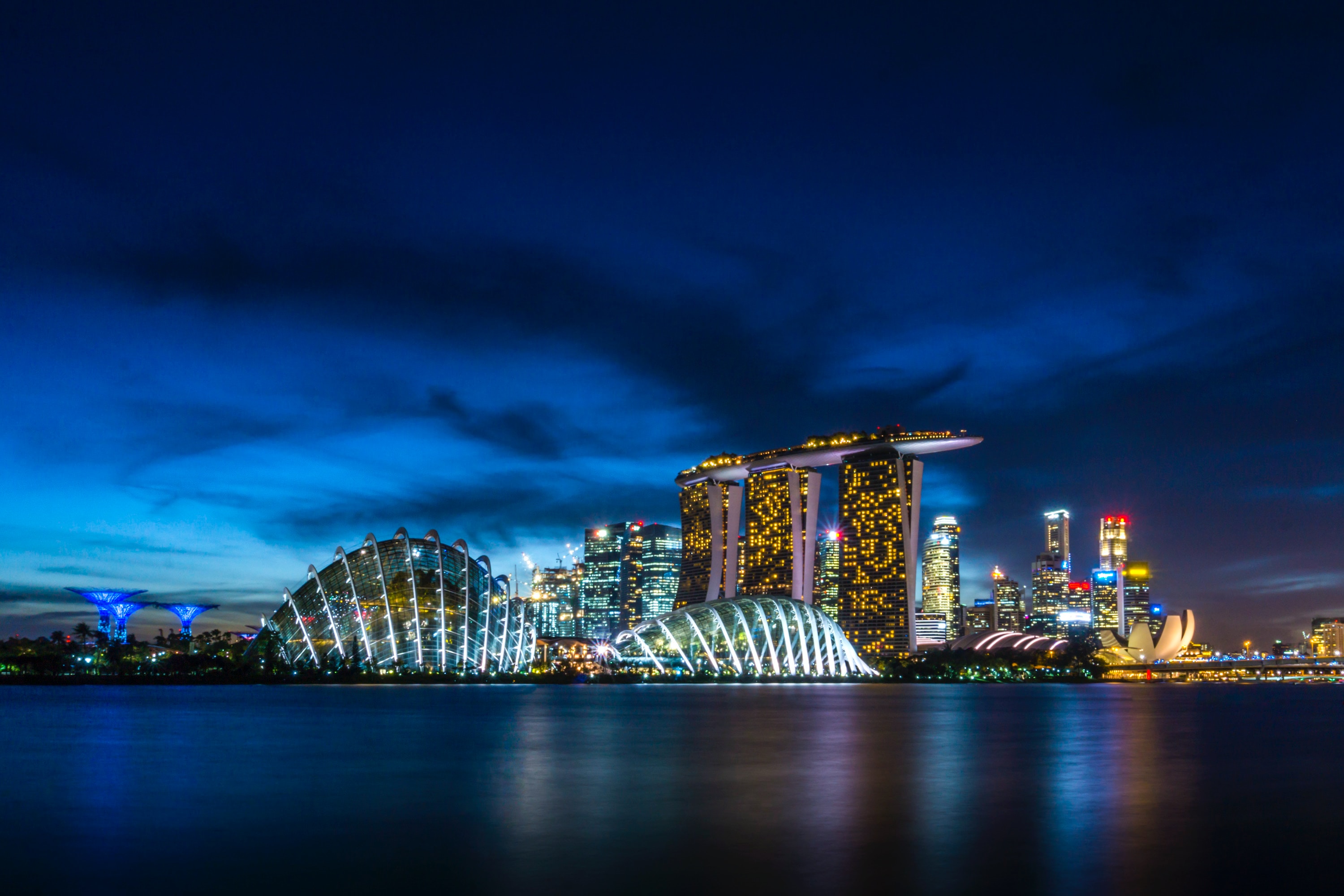Singapore, a global financial hub known for its low crime and clean image, is considering extending its anti-money laundering regulations to cover high-value assets such as luxury cars and handbags, following a massive crackdown on a transnational crime syndicate last month.
The authorities arrested 10 people from Cyprus, Turkey, China, Cambodia and Vanuatu, and seized or froze more than S$2.4 billion ($1.75 billion) worth of assets, including properties, vehicles, gold bars, cash, cryptocurrencies and designer goods. The suspects are accused of laundering the proceeds of their organized criminal activities, such as scams and online gambling.
The case has highlighted the vulnerability of Singapore to money laundering and terrorism financing risks, as well as the significant role of luxury goods as a loophole for the racketeering. The Monetary Authority of Singapore (MAS), the central bank and financial regulator, said it would work with financial institutions to strengthen their defences against these risks, and warned of firm action against those that breach the requirements or have inadequate controls.
In response to questions in parliament on Tuesday, the government said it would examine the possibility of applying anti-money laundering requirements, such as tough know-your-customer due diligence checks, to high-value assets that are often used as a store of value or a medium of exchange by criminals. These include luxury cars, handbags, watches, jewelry and art.
The government also said it would review the regulatory framework for single family offices (SFOs), which are entities that manage the wealth of ultra-rich families. SFOs are currently exempted from licensing and supervision by MAS, unless they conduct regulated financial activities such as fund management or financial advisory services.
However, the government said it was aware of the potential abuse of SFOs for money laundering purposes, and would assess whether there was a need to subject them to more stringent rules, such as requiring them to register with MAS and comply with anti-money laundering obligations.
The government stressed that it would continue to take a proactive and comprehensive approach to combat money laundering and terrorism financing, and cooperate with international partners to disrupt illicit financial flows. It also urged the public to be vigilant and report any suspicious transactions or activities to the authorities.
